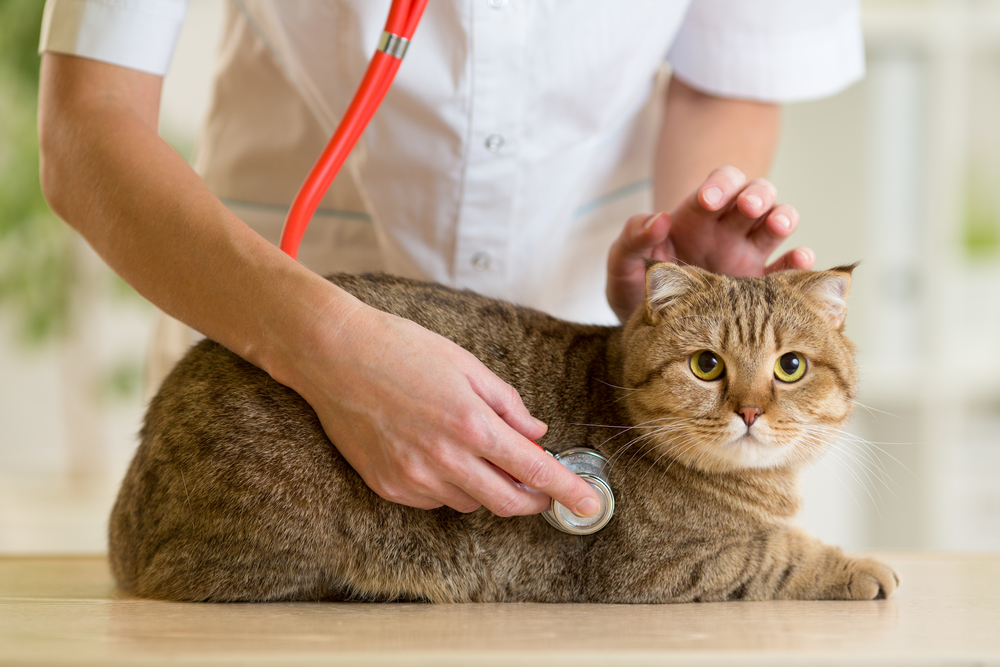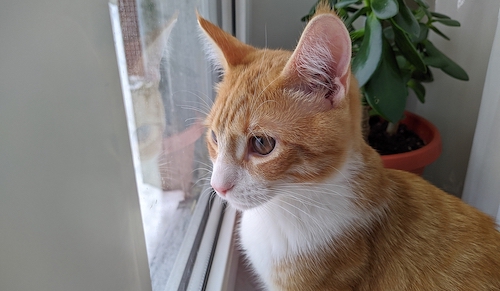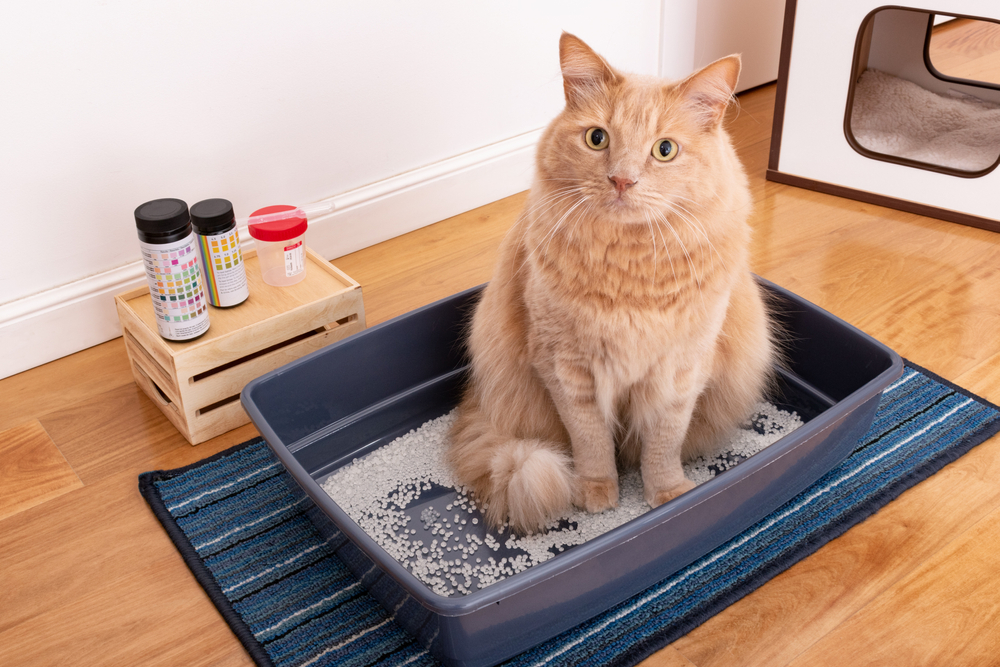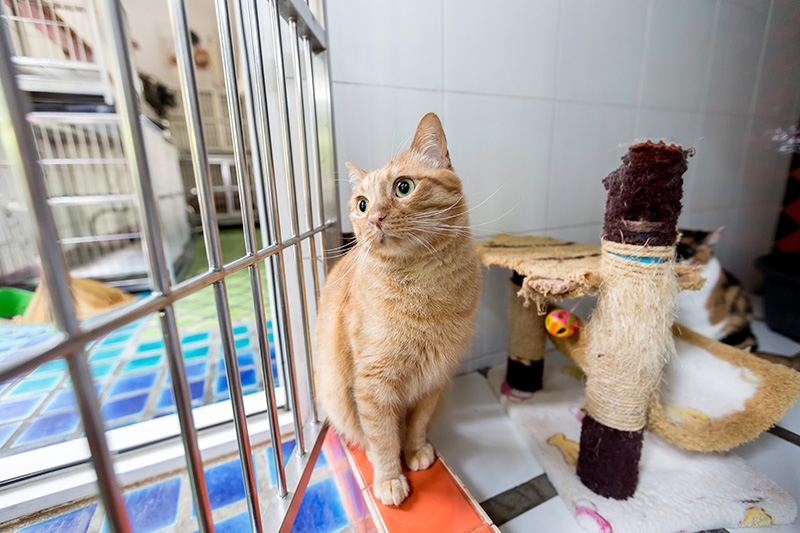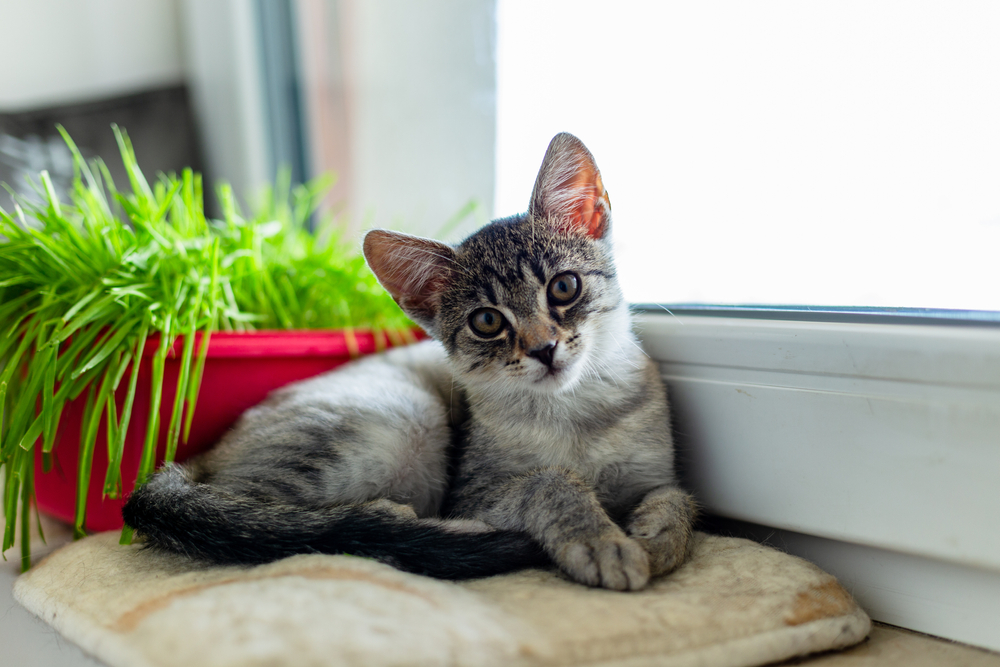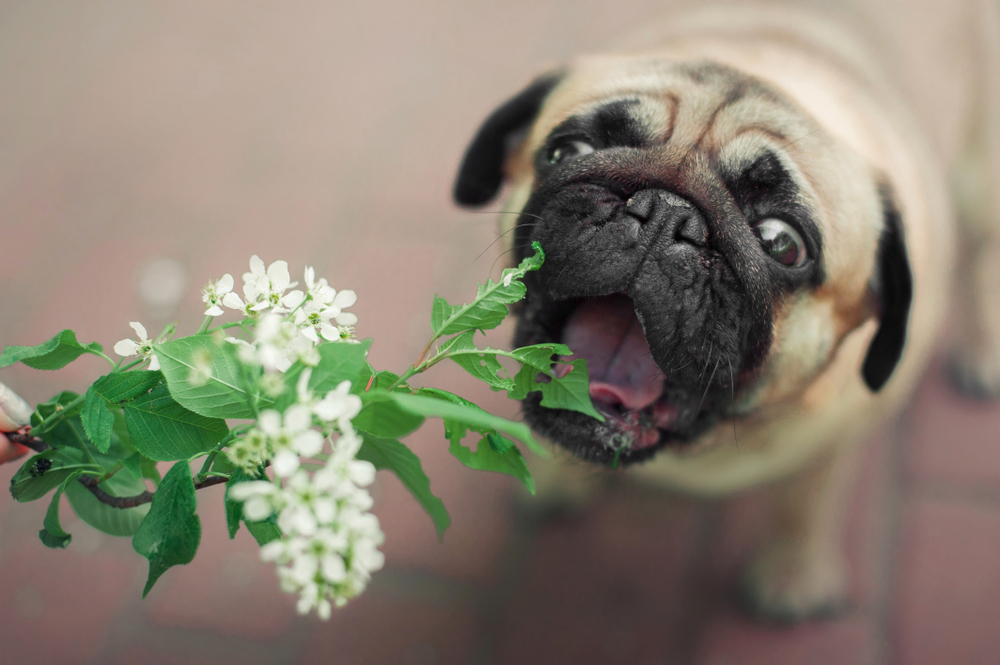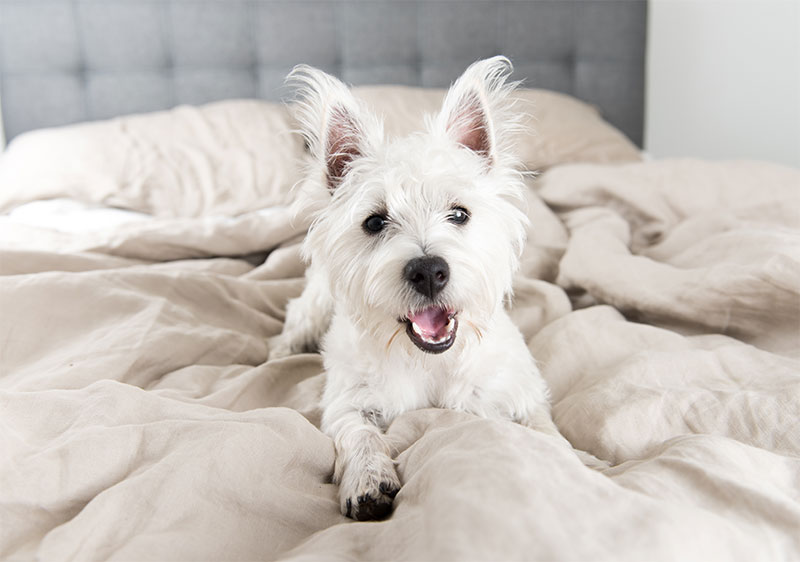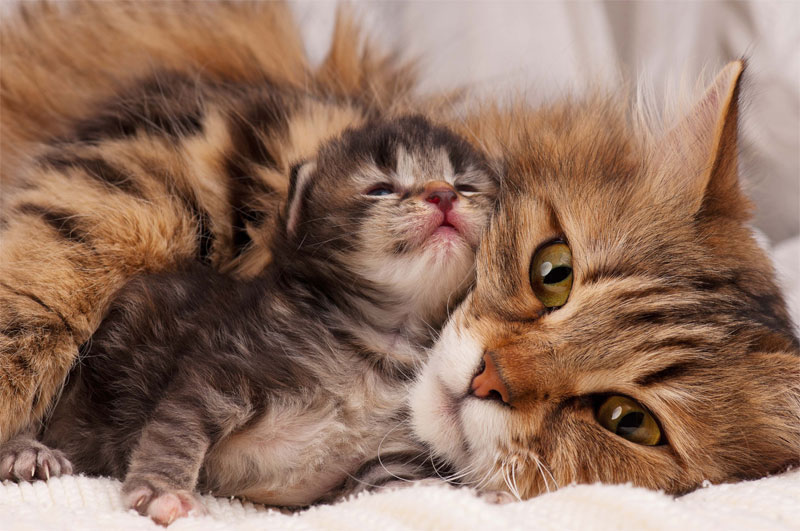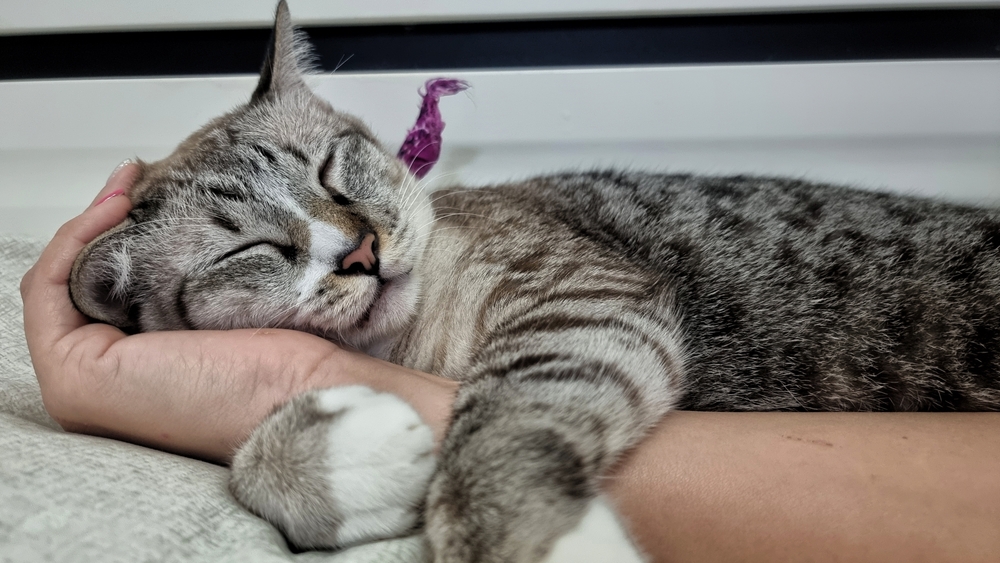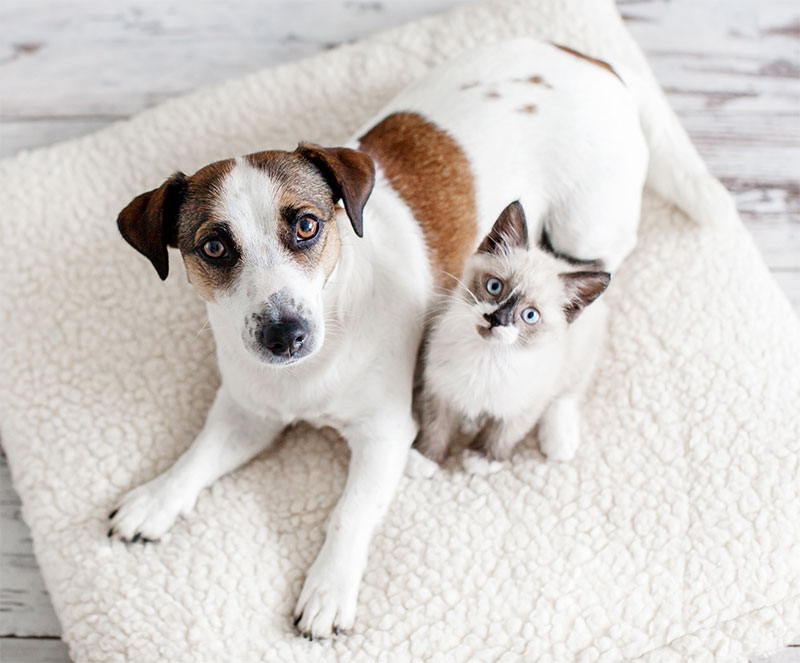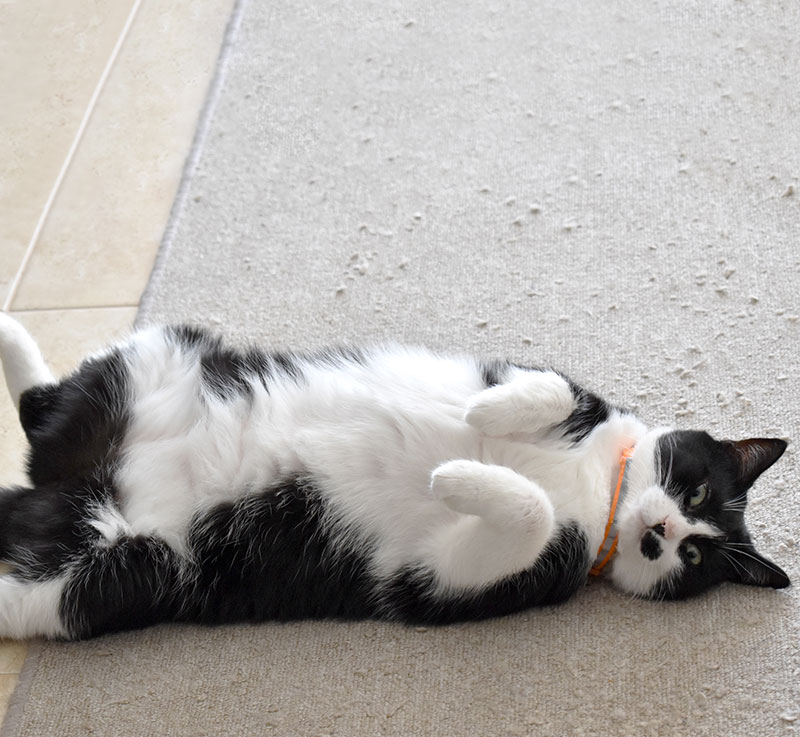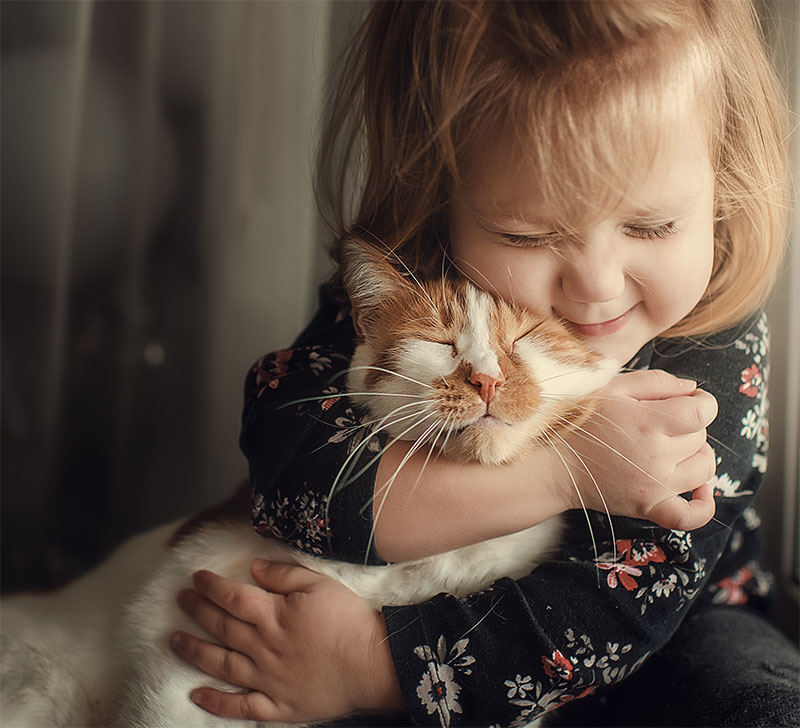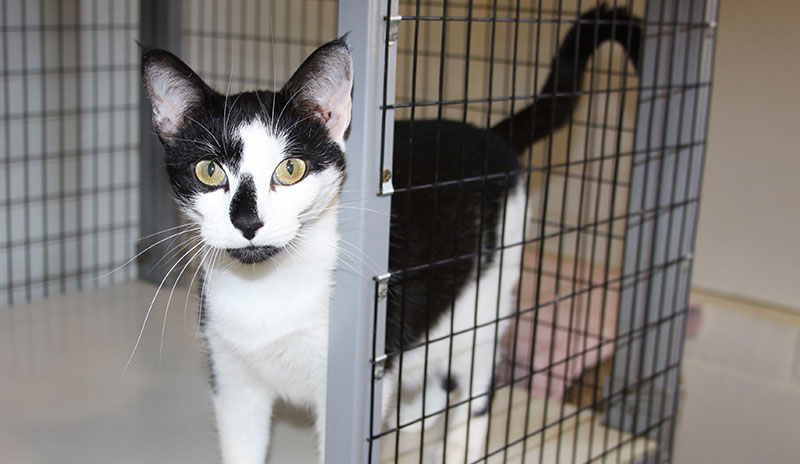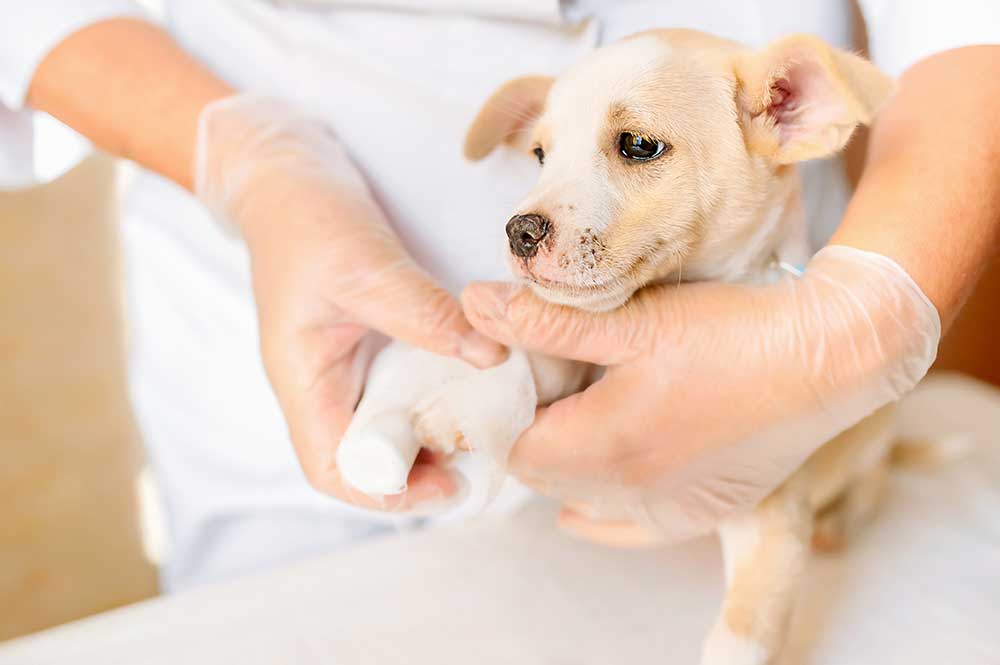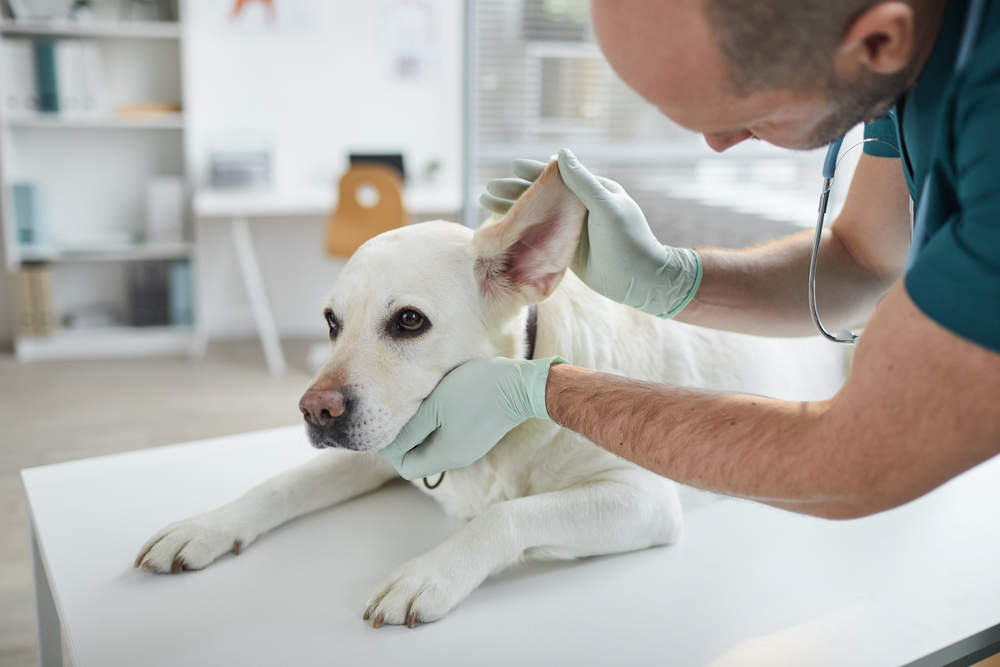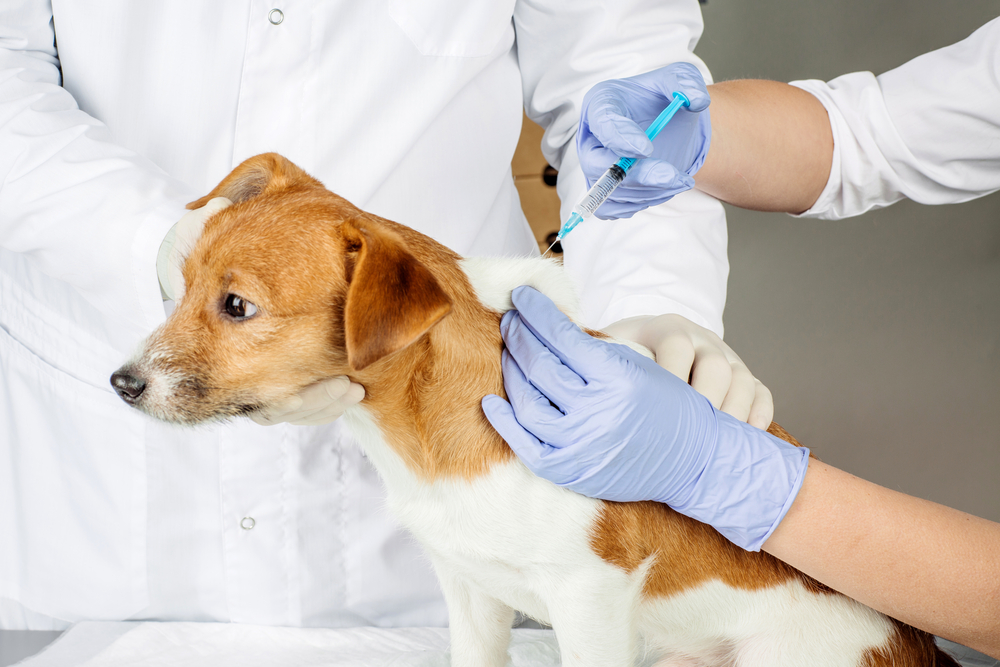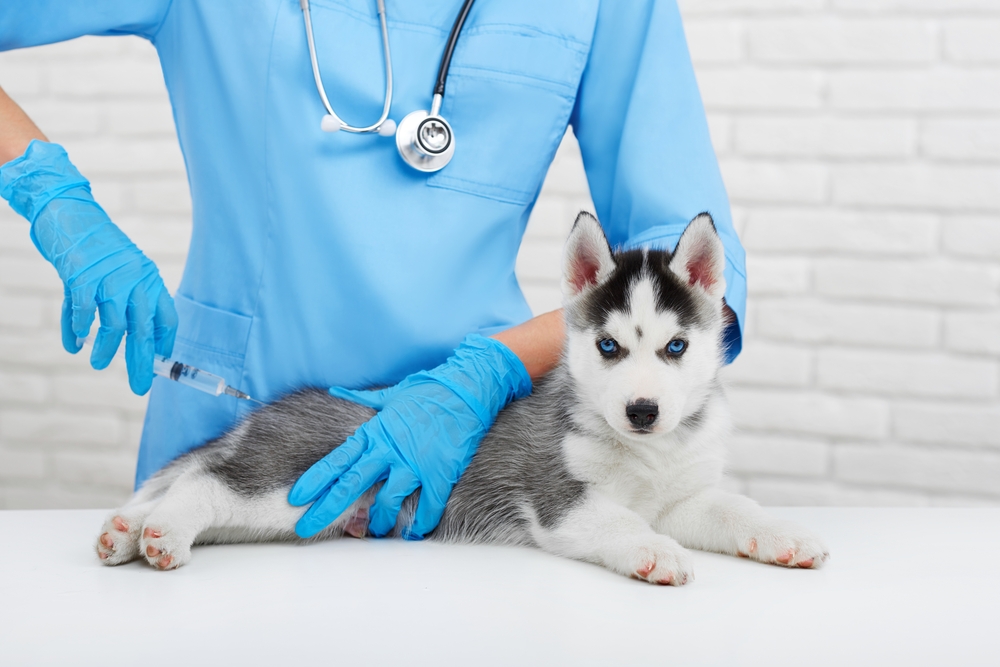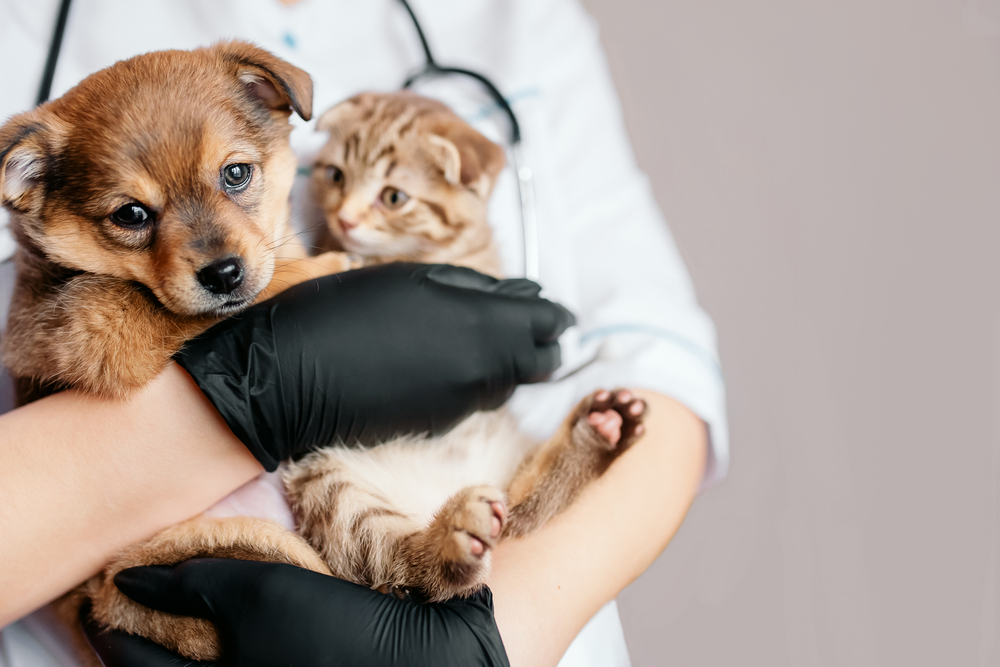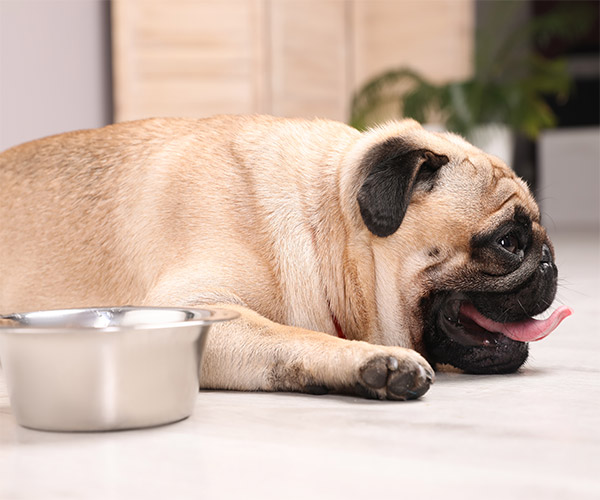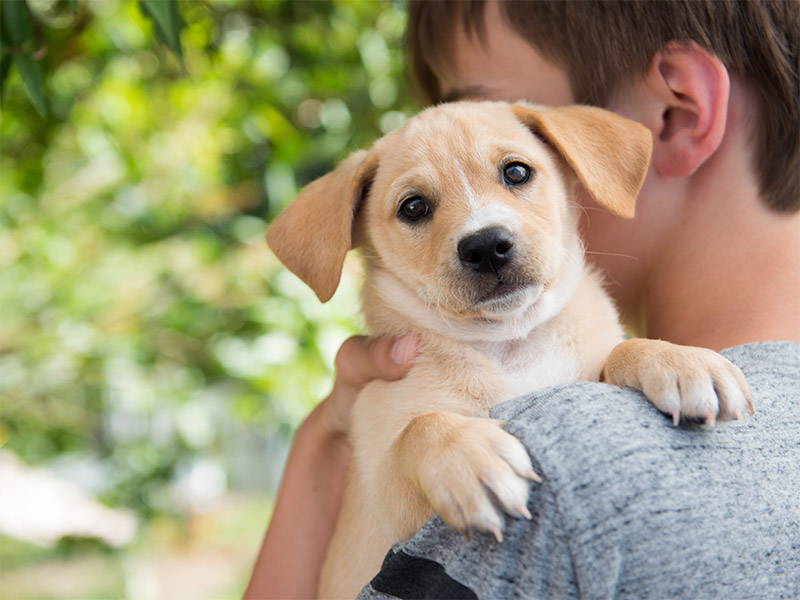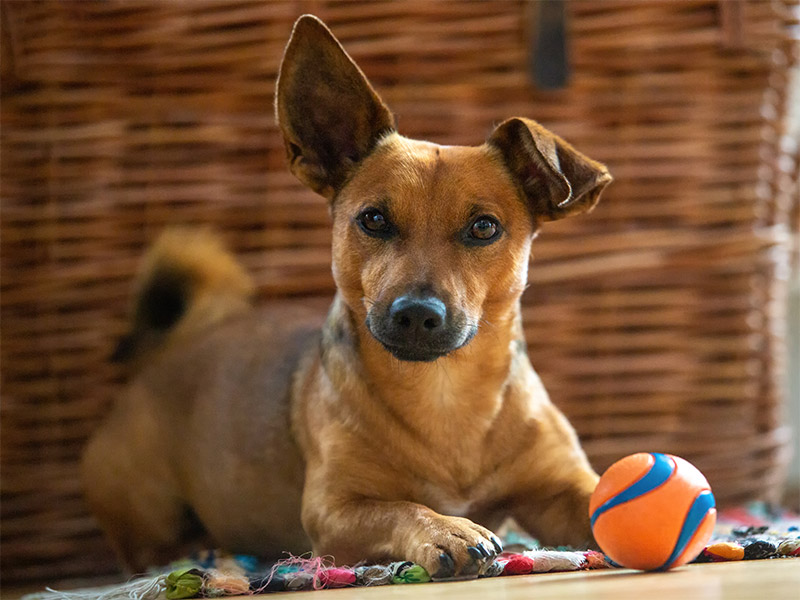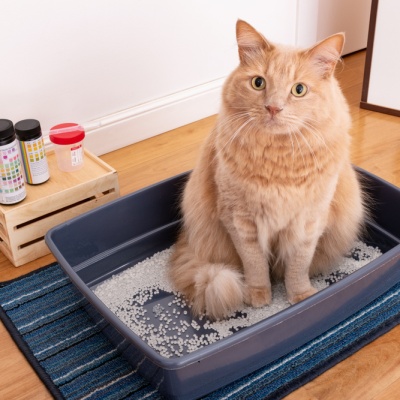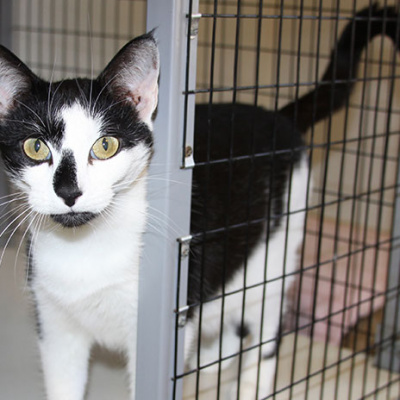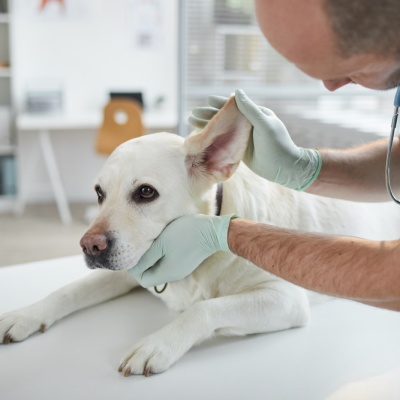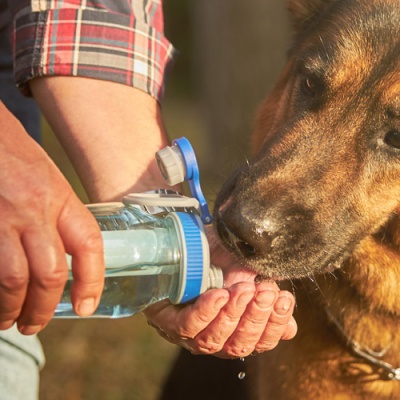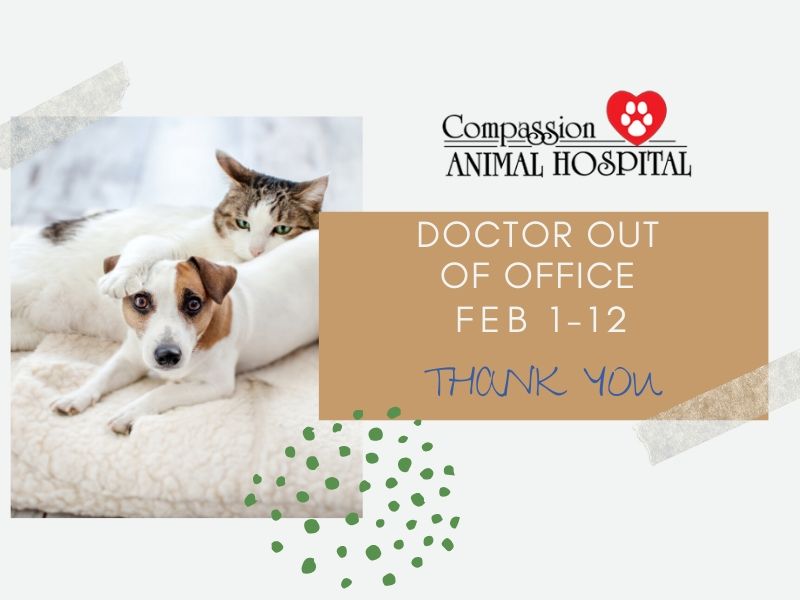Tips for Taking Your Cat to the Vet: Ensuring a Smooth Visit
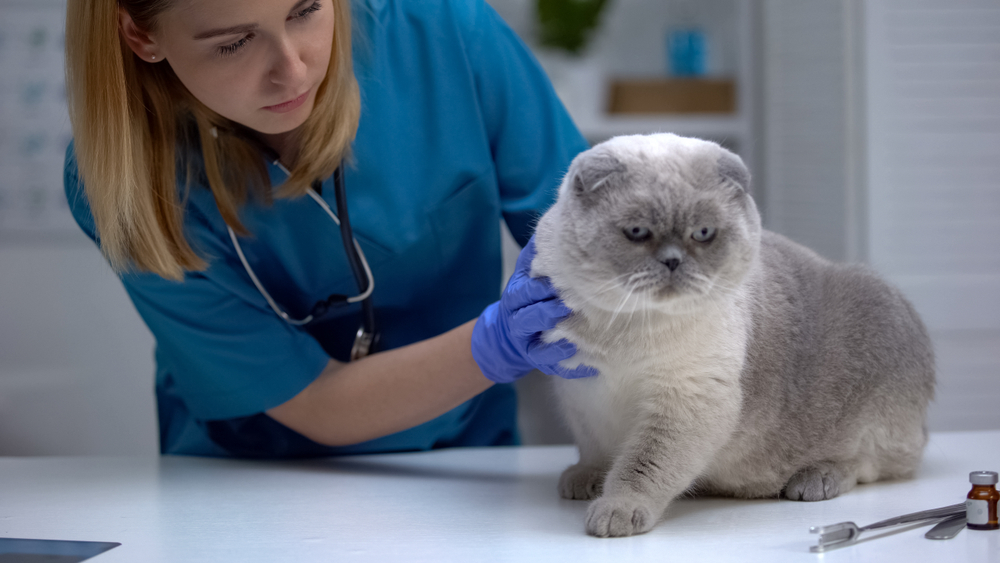
7 Tips For Taking Your Cat To The Vet
1. Get Your Cat Comfortable with the Carrier
One of the most common sources of stress for cats is their carrier. To help ease their anxiety, introduce the carrier into your cat’s environment gradually. Leave it out with the door open, place treats or toys inside, and let your cat explore it at their own pace. You might also try feeding your cat near the carrier to create positive associations.
2. Use Pheromones
Feline pheromones can have a calming effect on cats. Consider using a pheromone diffuser or spray in the carrier and your home to help reduce your cat’s anxiety. These products mimic the natural pheromones that help cats feel safe and secure.
3. Take Short Car Rides
If your cat is particularly stressed by car rides, try taking them on short trips around the block to help them get used to the motion and sounds of the vehicle. Gradually increase the length of the trips to build their tolerance.
4. Keep Calm and Speak Softly
Cats are very sensitive to their owners’ emotions. If you stay calm and speak in a soothing voice, it can help reassure your cat. Avoid sudden movements or loud noises that might increase their stress.
5. Prepare for the Visit
Before your appointment, make sure you have all the necessary information about your cat’s health, including any changes in behavior or symptoms you’ve noticed. This information can be crucial for the vet to provide the best care possible.
6. Reward Your Cat
After the visit, reward your cat with their favorite treats or playtime. Positive reinforcement can help them associate vet trips with good experiences.
7. Schedule Regular Visits
Regular vet visits are essential for monitoring your cat’s health and catching any potential issues early. Aim to schedule wellness exams at least once a year, or more frequently if recommended by your vet. Consistent visits can help your cat get used to the vet and reduce anxiety over time.
Ensure a Stress-Free Vet Visit: Schedule Your Cat’s Wellness Exam Today!
